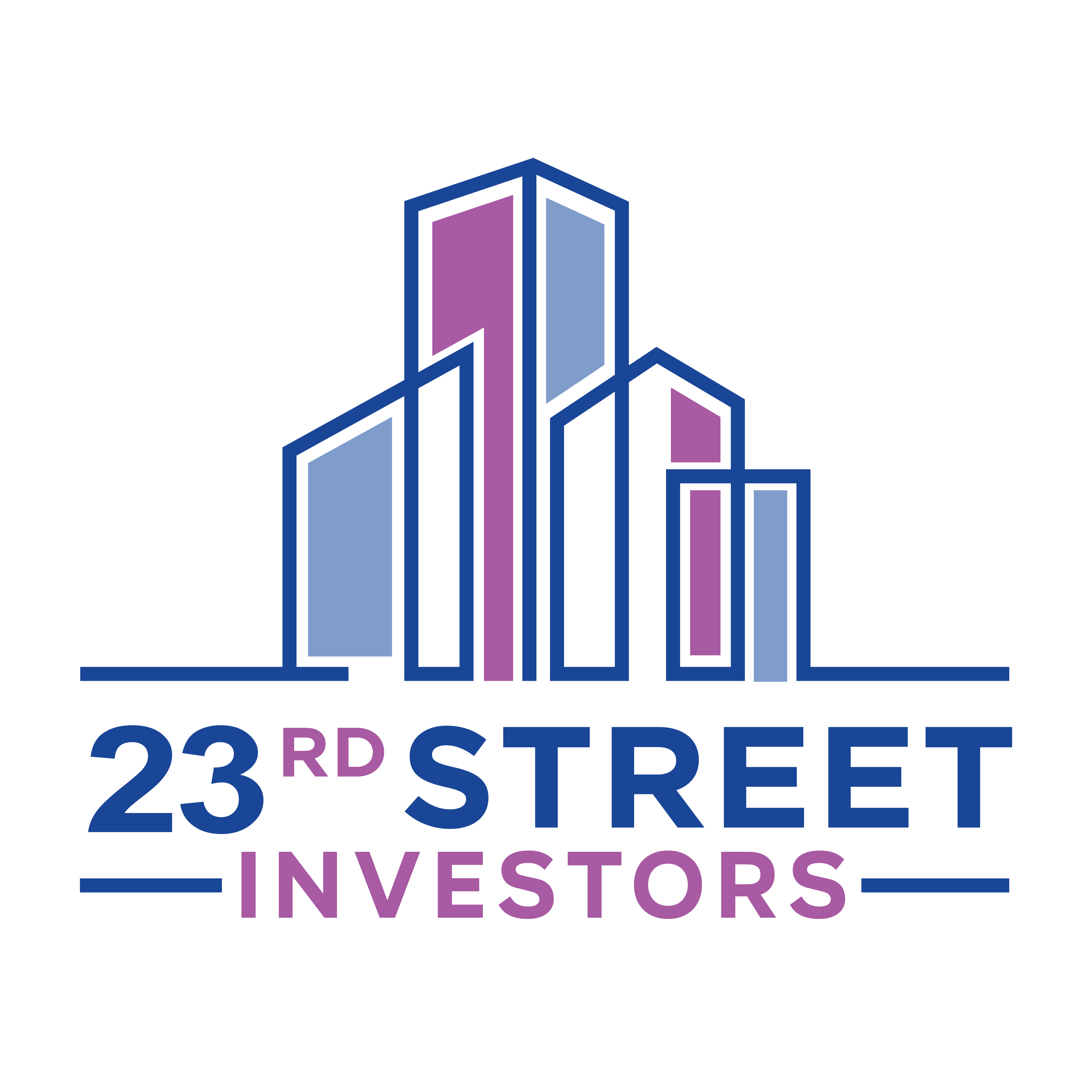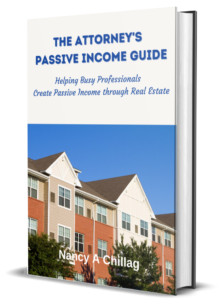The two terms, financial independence and financial freedom are used interchangeably, but what does financial independence really mean, and how’s it different from financial freedom?
Consider a toddler learning to walk. Once they figure out how to pull up and take a few steps on their own, they have achieved a new mobility level. They may not need their parents to carry them from room to room as often.
However, you wouldn’t expect that same toddler to walk the entire Zoo visit or walk all the way to the park the following day. They haven’t achieved full FREEDOM yet, although that subject will be revisited around the age of 18.
Money works the same way. Let’s dissect what it means to be financially independent vs. financially free and how investing in real estate can help get you there.
Financial Freedom vs. Financial Independence
Think about that same toddler who just learned to walk. Maybe your finances have reached “mobility,” and you have enough passive income (outside your salaried job) to cover your basic expenses. Can you lose your job and not sweat it? Do you have a fully-funded emergency fund? Will your passive income fund your current lifestyle indefinitely?
Savings is highly recommended, but it will eventually run out if it’s funding your lifestyle for any extended period. However, ongoing passive income is created while you sleep.
To achieve financial independence or financial freedom, you’ll need to build multiple streams of passive income over time. Thus, it’s called a financial journey.
Milestone #1 – Financial Security
If your salary disappeared for some reason right now and you still had enough money coming in from other sources to cover your basic living expenses, that would be financial security.
Sure, you might have an emergency fund, but what if finding new employment takes longer than expected and that stash of cash runs dry? This is precisely why external sources of income are critical.
Becoming financially secure is the first step toward financial freedom and early retirement.
Milestone #2 – Financial Independence
Being financially secure means you can cover all the bare-bones basics to survive. Still, being financially independent means that you can cover those basics plus a few conveniences or luxuries like dining out, family vacations, and shopping sprees.
Financial independence allows you to retire early and maintain your current lifestyle without working ever again. Multiple streams of passive income can fund your lifestyle while you choose what you want to do day-to-day.
Milestone #3 – Financial Freedom
True financial freedom is one step beyond financial independence. Financially free individuals’ passive income can fund the luxurious, travel-inspired, do-what-I-want lifestyle.
Financial freedom means you can make choices like flying first class, upgrading to the ocean-view suite, and bringing a friend pro-bono without worrying about where the money is coming from.
Your Path to Being Financially Free
Everyone’s financial journey begins from a different place, with different numbers and circumstances. However, the ultimate goal and the milestones along the journey are the same.
You know that living paycheck-to-paycheck is not for you. You’re aware of the possibilities for your future and your financial situation as a result of carefully planned budgeting and investing. This also means you’re going to need some passive income goals against which to measure and gauge your progress down the path.
Financial Security Number
Take a look at your current expenses (bills + anything you pay for), and extract the costs for the basics. How much on average do you spend on food, shelter, clothing, and other basics?
That’s your financial security number – the amount you need in passive income to become financially secure.
Financial Independence Number
Next, take a look at your current finances and lifestyle in totality, what does it take to fund the whole enchilada? The basics (those covered by the financial security number) plus all the enjoyable conveniences and comforts you spend money on in total, equals the monthly amount you need in passive income to achieve financial Independence.
When you build enough streams of passive income to completely cover your current lifestyle, that’s financial independence. You’re financially independent from needing to work.
Financial Freedom Number
Once you have calculated your financial independence number, take a step back, and consider the things you WANT to afford. Find out how much money the lifestyle you dream of will cost. This dream lifestyle number is your financial freedom number.
Your final steps along the financial journey path include building multiple streams of income so that the passive income you earn is enough to fully fund this dream lifestyle and help you achieve true financial freedom.
How to Achieve Financial Freedom Through Investing in Real Estate
There are a million ways to generate passive income streams. You might become an author, design an app, or start a business, but all of those require significant skills and knowledge the average Jo doesn’t have.
However, more people have become millionaires through investing in real estate. Why? Because it’s so simple!
You buy a property and rent it out. Sounds like the game of Monopoly – pretty simple, right?
Investing in Rental Properties
Let’s pretend you’ve saved up $20,000 for an investment. You put $15,000 down on a rental home and use $5,000 to boost curb appeal and refresh the paint. A nice couple rents the place and their consistent rent payment more than covers the mortgage payments so you’re earning cash flow each month.
$250 per month in excess cash flow after the mortgage and taxes are paid isn’t much and won’t create financial freedom on its own, but it’s a step in the right direction! Add a rental home like this to your portfolio every year and within 5 years, you’ll be up to $1,250 per month in rental income.
It’s not fast, and there’s no magic pill, but if you take the time to build slowly, you’ll get there.
Investing in Real Estate Syndications
An alternate way to invest in real estate and avoid the messiness of remodels and tenant woes is to invest in real estate syndications.
In these types of group investments, several investors pool their money – $50,000 – $200,000 each – and the money is pieced together to cover the down payment and the cost of renovations on a much larger-scale property.
You’d be a passive investor, while the general partners (also called sponsors) are responsible for property management, renovation coordination, and occupancy rates. Sponsors do receive a cut of the returns for their work, but the majority of the profits go to investors.
As an example, a $50,000 investment into a real estate syndication with a 10% return, will produce about $400 per month in cash flow. Syndications are truly passive because your money makes money and you have no active responsibilities.
Real estate syndications are available in different markets and asset classes, which allow you to diversify and build multiple streams of income quickly.
Enjoy Your Journey to Financial Freedom
There’s no one right or wrong path to financial freedom just as there’s no single type of real estate investment that will accelerate your journey the fastest.
Real estate can be the easy, slow and steady approach to financial freedom no matter which stage of financial security you’re at now. You’ll enjoy the journey most if you focus on the lessons, relationships, and surprises you’ll experience along the way.


